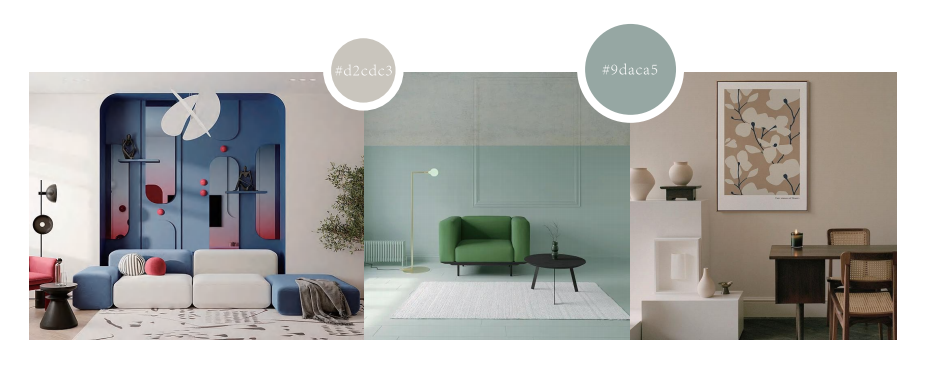
In 2025, the flooring industry is stepping into a brand-new phase—driven not only by material innovation and design trends emphasizing natural aesthetics and sustainability, but also by the digitalization and integration of production and installation services. For manufacturers, suppliers, distributors, and installation professionals, this presents a strategic opportunity that cannot be missed.
Industry reports indicate that 2025 flooring designs increasingly favor natural textures, warm tones, and eco-friendly materials. Wood-inspired warm hues, earthy shades, and biomimetic designs continue to dominate the trend. Designers are shifting away from cold grays and pale woods, embracing richer, more authentic wood tones.
In addition, flooring is now being considered the “fifth wall” of interior spaces—a design element that creates visual focus and expresses personality. Sustainability is also becoming a key differentiator, with low-VOC, formaldehyde-free, and recyclable products gaining more attention from environmentally conscious consumers.

Industry analysis suggests that by 2027, the flooring sector will continue to consolidate around a few large, vertically integrated companies with technological advantages. At the same time, installation services are undergoing a revolution—automation, robotics, and digital measurement solutions are emerging as key breakthroughs.
Retail and distribution channels are also evolving. Traditional showrooms are being replaced by immersive, digitally integrated experience centers, often incorporating augmented reality (AR) to help customers visualize flooring in real-world contexts.
Resilient flooring products, including LVT, SPC, and WPC, continue to show robust performance in 2025. While the overall residential renovation market faces challenges, resilient floors maintain their appeal due to durability, easy installation, and water-resistant properties.
Despite favorable trends, the industry faces several pressures:
Slower residential market growth and higher interest rates are suppressing replacement demand.
Rising raw material, transportation, and labor costs, particularly for export-oriented manufacturers.
Limited availability of skilled installers and advanced installation tools remains a bottleneck. Implementing training programs and automation solutions is critical to improving installation efficiency.
Manufacturers: Invest in localized production, eco-friendly materials, and smart manufacturing equipment, while strengthening direct-to-consumer service capabilities.
Distributors/Retailers: Move beyond “product-only” models to provide a fully integrated experience that combines product, service, and installation. Leverage AR/VR to enhance customer engagement.
Installation Professionals: Standardized workflows, digital measurement, and modular installation solutions will be key differentiators.
End Users (Homeowners/Designers): When selecting flooring, prioritize durability, eco-friendliness, dimensional stability, and post-installation support. Design choices should emphasize “warmth and naturalness,” authentic material textures, and visual focal points.
For the flooring industry, 2025 represents a year where material and design innovation aligns with industrial and service upgrades. Companies that simultaneously invest in product innovation, digitalized distribution, and enhanced installation services are poised to lead in the emerging market landscape. For industry players seeking competitive advantage, now is the time to seize the opportunity and strategically position for the future.